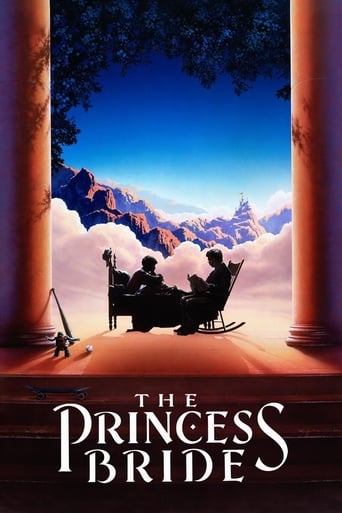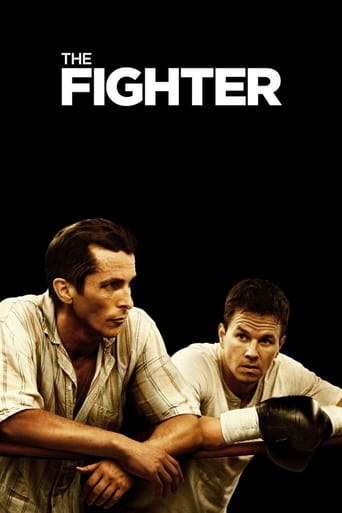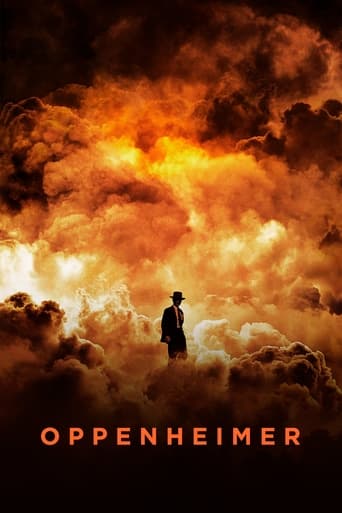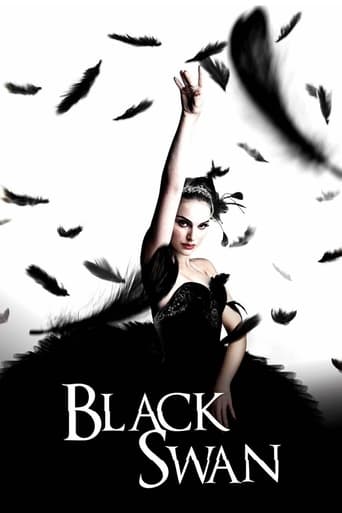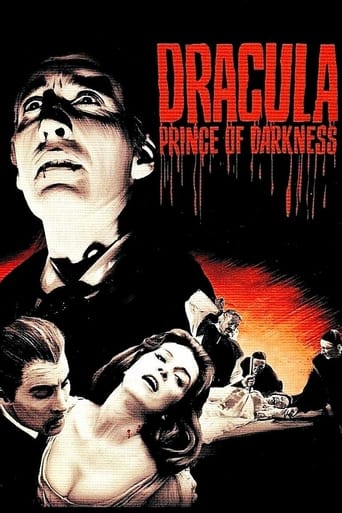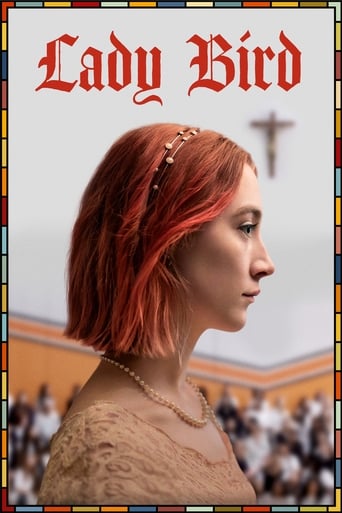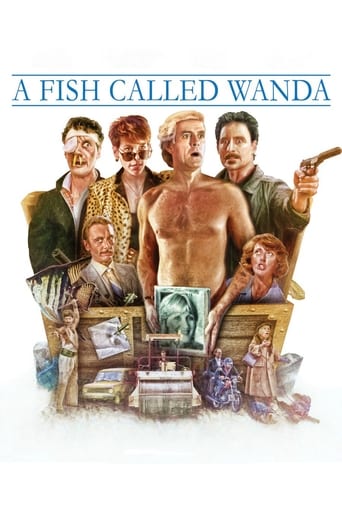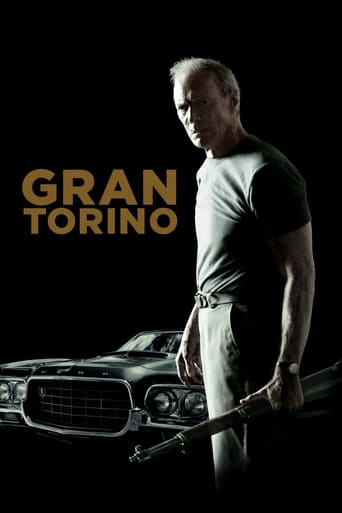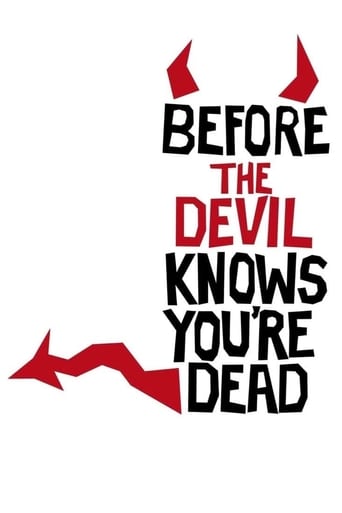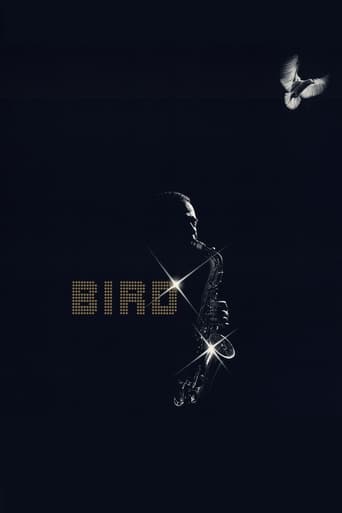


Bird
Saxophone player Charlie ‘Bird’ Parker comes to New York in 1940 and is quickly noticed for his remarkable way of playing. He becomes a drug addict but his loving wife Chan tries to help him.
-
- Cast:
- Forest Whitaker , Diane Venora , Michael Zelniker , Samuel E. Wright , Keith David , Michael McGuire , James Handy


Similar titles

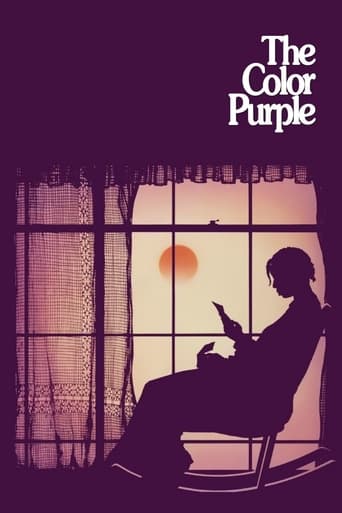
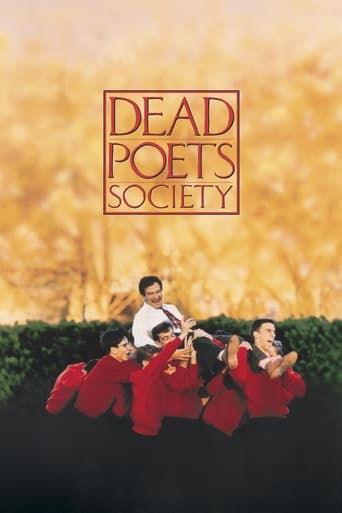
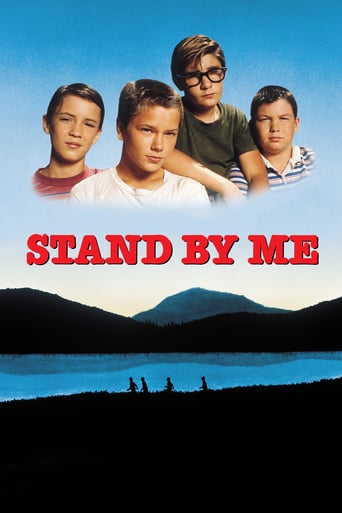






Reviews
Plenty to Like, Plenty to Dislike
Excellent but underrated film
Although it has its amusing moments, in eneral the plot does not convince.
A terrific literary drama and character piece that shows how the process of creating art can be seen differently by those doing it and those looking at it from the outside.
Clint Eastwood, a figurehead in American cinema is also a jazz lover and connoisseur. It's no wonder that he was thrilled to bits to the idea to shoot a film on one of the jazz legends: Charlie Parker, a prodigious as well as tormented virtuoso. In France, it's this film which definitely made the most stubborn newspapers ditch the following epithets: "fascist", "macho", "racist" which stuck to Eastwood for a long time, especially since the "Dirty Harry" saga. They seemed to have forgotten that Eastwood was and still is a filmmaker whose richness of inspiration is solid. And this legend had its admirers and supporters among some French critics and filmmakers including Jean-Luc Godard!If one can see the title and read the synopsis to have an idea of what we're going to watch, one figures that Eastwood prepared a cozy programmed scheme to tell Parker's rueful life and that he chronologically, sedately shot it. But the filmmaker turns the elements and rules of the biopic to his own advantage and to startling results. The very onset is deceptive. One can see Parker when he was a child and then for a short sequence as a teenager. These moments passed, Eastwood doesn't fear to subvert the rules of storytelling and time which are shattered. His film toys with past and present with sometimes (fortunately not often) an absence of points of reference. Hence, the interest of being very attentive during all the work. Maybe Eastwood chose this device to capture Charlie "Bird" Parker's tormented mind in disarray. Sometimes, the director disconcerts a little more by inserting flashes inside the flash-backs. And how somber is the cinematography (I strongly advise Eastwood's aficionados to watch this work all lights turned off for a lot of scenes take place at night and in dimly lighted places). This cinematography with dark colors harks back to the "films Noirs" of the forties and the fifties and was perhaps tapped to suggest that Parker eventually got a raw deal in spite of his genius for jazz music and his fate is sealed. Another option would be to have chosen this type of cinematography to enable to Eastwood to fully savor his passion for jazz which shows through the concerts and virtually any time a piece of jazz is heard.Eastwood lets his talent of director shine and installs as much as possible a stylish, personal style to develop his own vision of the musician and the man Parker. A real virtuoso who tried to catch these short moments of bliss during especially his concerts. But also, a tormented mind, haunted by demons who developed a drug and alcohol addiction. His decay, his trouble with his addictions, his woes (the death of her little girl) are broached and treated with reserve, a dash of sympathy and Eastwood shelves any moralizing attitude. I must also admit that the possible scenes I had expected from the film (wild mood swings maybe caused by drug and alcohol, feuds with the women he knew) are softened from my standpoint.With such an unusual construction which puzzled the audience back in 1988, this film was doomed to failure but it didn't stop it from meeting well-reviewed analyzes and to be showered with praise. The Cannes festival didn't make a mistake by attributing to Forest Whitaker, the prize for the Best actor, another good example of Eastwood's generosity towards his actors to let them hold more or equally meaty parts than his. This generosity will be more conspicuous in the following decade. In France, "Bird" was the first Eastwood film to get a nomination at the Césars in 1989 for the Best Foreign film. Subsequent works: "the Bridges of Madison County" (1995), "Mystic River" (2003) and "Million Dollar Baby" (2004) will also be in contention to get the Prize and the two last ones will (deservedly) hit the jackpot.This maverick biopic adds to Eastwood's canonical filmography as a director and his devotees as well as Parker's fans or any jazz fan shouldn't miss it. It's a novel piece of work in the biography genre and Eastwood won't think twice before thwarting codes of other cinematographic genres in the nineties with the revisionist "Unforgiven" (1992) or the superb "a Perfect World" (1993).
This is an incredible movie and one of the best music biopics ever. I was already a fan of Charlie Parkers music and I think that helps when it comes to appreciating this film. But, Forrest Whitaker's performance is incredible as are all of the others who so accurately portray the real life musicians of the film. If there is one detractor in the movie, it is the fact that there are a lot of flash backs and flash forwards and at times it can be a little hard to follow. I didn't get everything until I saw it the second or third time. Highly recommended. If you liked Coal Miners Daughter, Ray or Walk the Line or if you are a fan of jazz music, you will love Bird.
Clint Eastwood's direction was very suitable for the material in this film, dealing with subjects he cares much about (music, loners, risking on the edge), and his handle on Bird, for my money, was wonderful. It's not an easy film to take, and it asks a lot from one in the viewing (it's a big film, with a plot complex, but not confusing, but is rewarding for those with a good interest Charlie Parker and the days of 40's-50's jazz. It's arguable whether there might be flaws in some of the uses of symbolism or bits of dialog in Joel Oliansky's script. But it's strong points - Forest Whitaker's major breakthrough in the title role; the bountiful and superb collection of Parker songs on the soundtrack (with a fine score by Lennie Neuhaus); a keen eye for getting the atmosphere and lighting right by Eastwood - are worth the viewing. Like most films about musicians with demons in the back of their heads (i.e. Ray, The Doors, even Amadeus), there is a level of possible melodrama that has to be crossed. With Bird, Parker is an interesting subject with this, and is ultimately shown well to be redeemed by the music. Likely to become more appealing, or at least easier to take on a second viewing, Bird is a solid, inspiring movie, with a kind of feeling to it that is unique. A+
Don't expect that there will be something in this film that will keep you on the edge of your seat just because Clint Eastwood produced and directed it.Instead, Eastwood cleverly brought the dismal life of jazz musician Charlie"Bird" Parker to the screen by creating a great mix of historical fact, withintelligent acting. This movie is not the best film you'll ever see, but it's not the worst. I would only recommend this movie to people who can sit for 3 hours and be OK with that. Also, this is a good movie for people curious to know about the stereotypical jazz musician's way of life.

